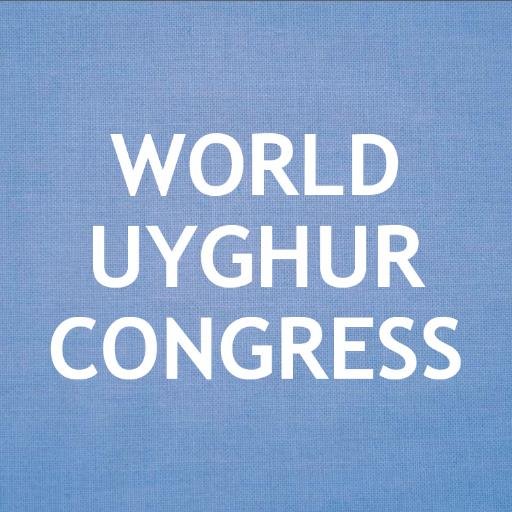STATEMENT: THE EU’S NEW DUE DILIGENCE PROPOSAL LACKS AMBITION TO EFFECTIVELY END COMPLICITY IN UYGHUR FORCED LABOUR

Statement – For Immediate Release
21 February 2022
Contact: World Uyghur Congress www.uyghurcongress.org
0049 (0) 89 5432 1999 or [email protected]

This week, the European Commission published its long-awaited proposal for a directive on Corporate Sustainability Due Diligence, setting out new rules for European companies to ensure their behaviour is in line with international human rights and environmental standards. The World Uyghur Congress (WUC) welcomes the proposal as a ground-breaking opportunity, but notes that it contains alarming flaws that undermine its potential to effectively prevent and end European corporate complicity in Uyghur forced labour.
“For too long, European companies have greedily cooperated with the Chinese authorities and been allowed to profit from the forced labour of Uyghurs in East Turkistan”, WUC President Dolkun Isa said. “The Commission’s proposal is a historic opportunity to end the complicity of European companies in Uyghur forced labour, but it requires significant revision in order to make a real change for the Uyghurs affected.”
The government of China is perpetrating mass human rights atrocities against the Uyghur people in East Turkistan. These abuses include mass surveillance, mass arbitrary detention, rape, torture, forced sterilisations, and forced labour, under which Uyghurs are forced to work in factories in the Uyghur Region and across China that produce goods sold all over the world, including in the European Union (EU). Companies of all sizes have been implicated in allegedly having Uyghur forced labour in their supply chains, operating in the textile, apparel, solar panel, food, technology, and hair and beauty industries, amongst others.
The Commission’s proposal, however, only sets due diligence obligations for EU companies with more than 500 employees and a €150 million turnover or those with more than 250 employees and a €40 million turnover that are active in ‘high-risk’ sectors. As such, the Directive fails to cover more than 99% of European companies, including small and medium-sized enterprises (SMEs). The WUC reiterates that in order to effectively deal with Uyghur forced labour tainting European supply chains, an extensive company scope is needed that applies to companies of all sizes.
Secondly, while the proposed due diligence process encompasses the entire value chain, this will only need to prevent impacts by so-called ‘established’ business partners. Moreover, the proposal suggests that due diligence obligations can be fulfilled by relying on certain contract clauses, audits, and third-party verifications, amongst other steps. In the case of Uyghur forced labour, it is by now widely recognized that such measures are inadequate to mitigate risk and rule out the existence of forced labour on the ground in East Turkistan.
Finally, the proposal’s wording on access to justice and stakeholder consultation are too weak. The WUC applauds the proposal for making it possible to hold companies liable for harms committed but remains concerned about the key obstacles to victims’ access to remedy, such as high costs of litigation, disproportionately high burden of proof, and lack of access to information. Furthermore, the proposal fails to address existing barriers with regards to companies’ stakeholder engagement and consultation, including the risk of harassment, intimidation, or retaliation against Uyghur human rights defenders.
Similar recommendations for more ambitious provisions have been proposed to the Commission before, in November 2021, in an open letter from the Coalition to End Forced Labour in the Uyghur Region.
As the Commission proposal will be subject to amendments and approval, the WUC calls on the European Parliament and the Council of the European Union to seize this opportunity and work towards an ambitious proposal that incorporates the highest international standards. The WUC also welcomes the announcement that the Commission is preparing a new legislative instrument to effectively ban products made by forced labour from entering the EU market, and hopes this will complement the Corporate Sustainability Directive in order to provide a robust response to Uyghur forced labour.

